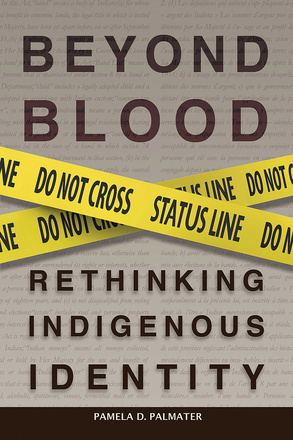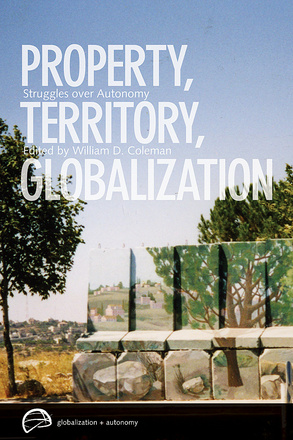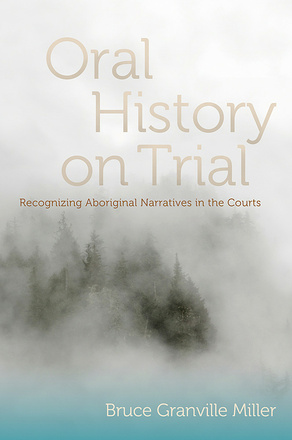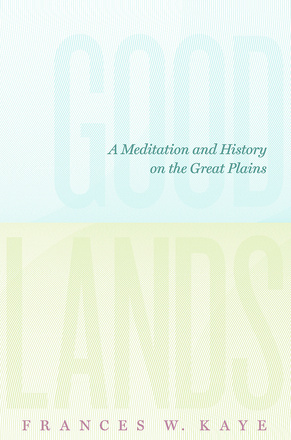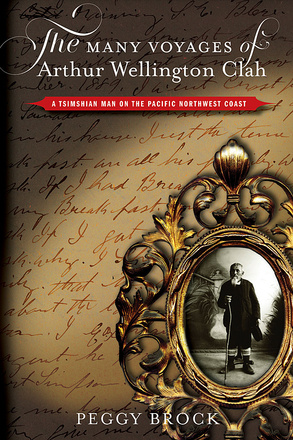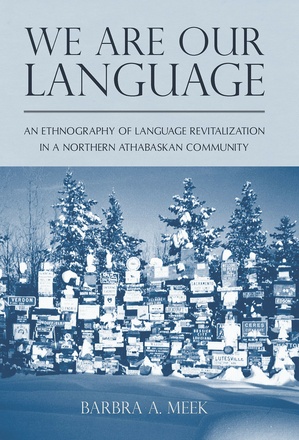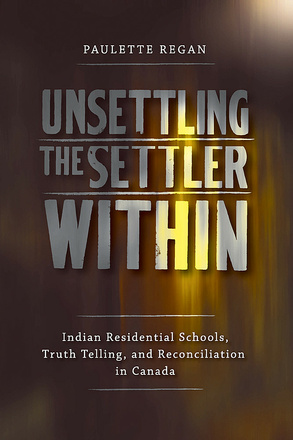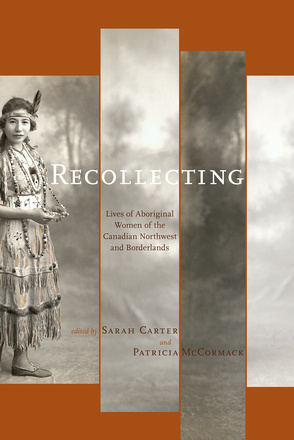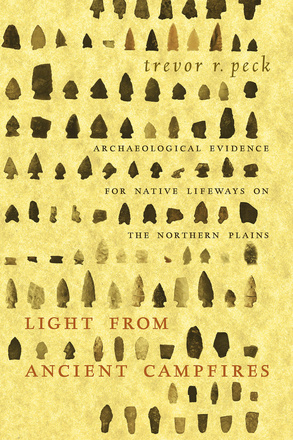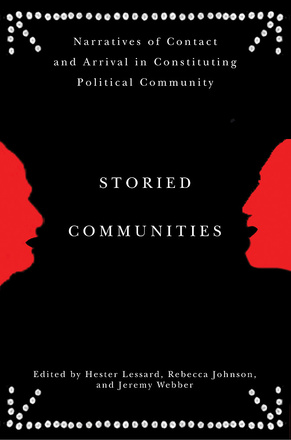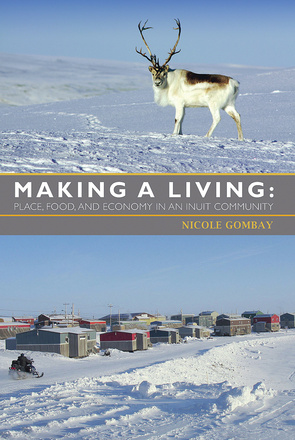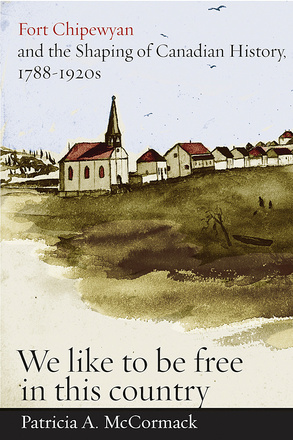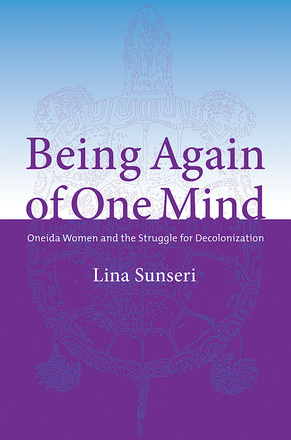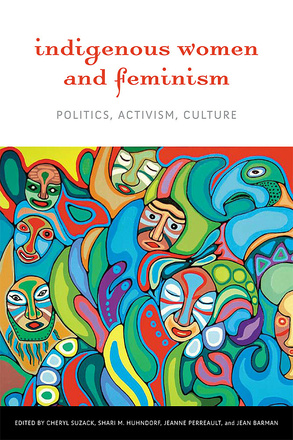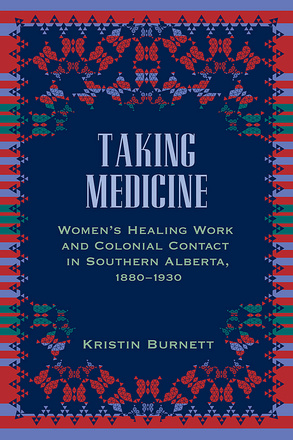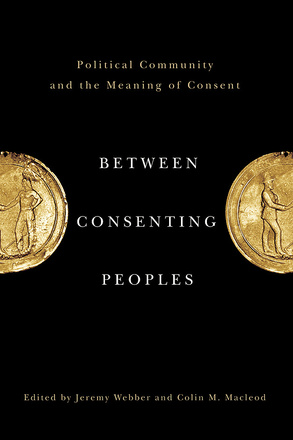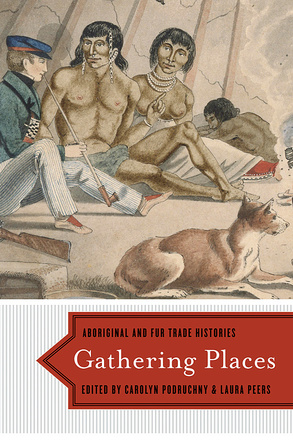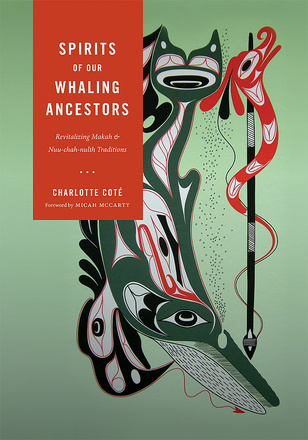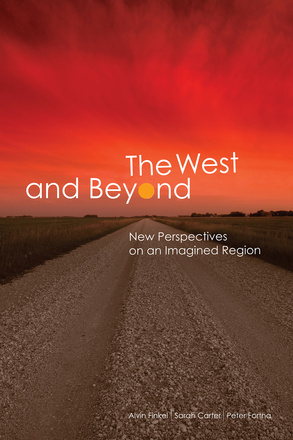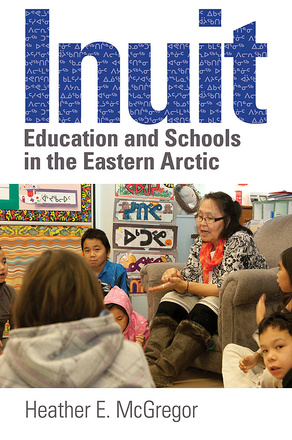Beyond Blood
Rethinking Indigenous Identity
Despite what the criteria of the Indian Act states regarding Aboriginal status, Palmater argues that blood should not determine belonging.
Property, Territory, Globalization
Struggles over Autonomy
Focusing on sites of friction in property regimes, this book reveals that a politics of place can help local actors build bases of autonomy to withstand, and even reshape, the forces of globalization.
Oral History on Trial
Recognizing Aboriginal Narratives in the Courts
This compelling analysis of Aboriginal, legal, and anthropological concepts of fact and evidence argues for the inclusion of Aboriginal oral histories in Canadian courts, and pushes for a reconsideration of the Crown's approach to oral history.
The Many Voyages of Arthur Wellington Clah
A Tsimshian Man on the Pacific Northwest Coast
Drawing on a painstaking transcription of Clah’s diaries, Peggy Brock offers a riveting portrait of a Tsimshian man and his encounters with colonialism.
We Are Our Language
In presenting the case of Kaska, an endangered language in an Athapascan community in the Yukon, Barbra Meek asserts that language revitalization requires more than just linguistic rehabilitation; it demands a social transformation. The process must mend rips and tears in the social fabric of the language community that result from an enduring colonial history.
Unsettling the Settler Within
Indian Residential Schools, Truth Telling, and Reconciliation in Canada
Unsettling the Settler Within is a powerful call to action that lays bare the myth of the peacemaking settler and points the way toward a meaningful reconciliation between Aboriginal and non-Aboriginal Canadians grappling with the legacy of the Indian residential school system.
Recollecting
Lives of Aboriginal Women of the Canadian Northwest and Borderlands
Recollecting is a rich collection of essays that illuminate the lives of late eighteenth century to the mid-twentieth century Aboriginal women.
Light from Ancient Campfires
Archaeological Evidence for Native Lifeways on the Northern Plains
Light from Ancient Campfires is the first book in twenty years to gather together a comprehensive prehistoric archaeological record of the Alberta Plains First Nations.
Storied Communities
Narratives of Contact and Arrival in Constituting Political Community
An exploration of the role of storytelling in community and nation building that disrupts the assumption in many works that indigenous and immigrant identities fall into two separate streams of analysis.
Making a Living
Place, Food, and Economy in an Inuit Community
A social and cultural examination of Indigenous societies as they strive to retain the values rooted in life on the land while adjusting to the realities of life in settlements.
Fort Chipewyan and the Shaping of Canadian History, 1788-1920s
"We like to be free in this country"
This meticulously researched study of the most famous of the Treaty No. 8 communities offers a unique perspective on nation building that challenges the nature of history writing in Canada itself.
Being Again of One Mind
Oneida Women and the Struggle for Decolonization
By combining the narratives of Oneida women with a critical reading of feminist literature on nationalism, this book reveals that some Indigenous women view nationalism in the form of decolonization as a way to restore balance and well-being to their own lives and communities.
Indigenous Women and Feminism
Politics, Activism, Culture
This wide-ranging collection examines the historical roles of Indigenous women, their intellectual and activist work, and the relevance of contemporary literature, art, and performance for an emerging Indigenous feminist project.
Taking Medicine
Women's Healing Work and Colonial Contact in Southern Alberta, 1880-1930
Taking Medicine challenges traditional understandings of colonial medicine by bringing to light the healing work of Aboriginal and settler women in southern Alberta.
Between Consenting Peoples
Political Community and the Meaning of Consent
This book examines how consent might be understood as the foundation of legal and political community, especially in relations between indigenous and nonindigenous peoples.
Gathering Places
Aboriginal and Fur Trade Histories
Scholars from multiple disciplines draw on unique and innovative sources – archaeological and material evidence, personal experience and oral history – to recover Aboriginal and cross-cultural histories and explore new approaches to the past.
Spirits of Our Whaling Ancestors
Revitalizing Makah and Nuu-chah-nulth Traditions
Following the revival of the gray whale hunt by the Makah and Nuu-chah-nulth tribes in the Pacific Northwest, this books looks at the significance of whaling to these societies, exploring environmentalism, animal rights, and what it means to be “Indian.”
The West and Beyond
New Perspectives on an Imagined “Region”
The West and Beyond evaluates and appraises the state of Western Canadian history to chart new directions for the future, and stimulate further interrogations of our past.
Inuit Education and Schools in the Eastern Arctic
The first history of educational policy, practice, and decision making in the Eastern Arctic, now Nunavut.

